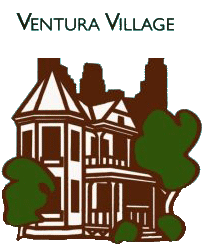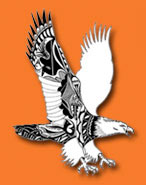 The Indian Health Board (IHB) of Minneapolis was incorporated in 1971 to provide for the health needs of the American Indian community living in Minneapolis. IHB provides medical and dental care and counseling services to more than 7,000 patients each year in its offices at 1315 East 24th Street in the heart of Minneapolis’ Phillips neighborhood.
The Indian Health Board (IHB) of Minneapolis was incorporated in 1971 to provide for the health needs of the American Indian community living in Minneapolis. IHB provides medical and dental care and counseling services to more than 7,000 patients each year in its offices at 1315 East 24th Street in the heart of Minneapolis’ Phillips neighborhood.
First, IHB provides high-quality medical, counseling and dental services through fully trained providers with advanced medical and health management education. Many are involved in community service and outreach programs that work to strengthen the futures of American Indians.
Second, through special funding sources, quality health care services and programs are available to all patients with or without health insurance. To ensure services are accessible to all, a sliding fee scale is offered to private pay patients based on their income level. A drug discount program also is available to qualifying IHB patients with discounts up to 50 percent.
Address: 1315 East 24th Street Minneapolis, MN 55404
Phone: 612-721-9843
website
Hours:
Monday, Wednesday & Friday 8-5
Tuesday & Thursday 8-8
Counseling and Support Monday – Friday 8-5
IHB provides medical, counseling, and dental services through fully trained providers. Medical services include primary, adult, OB/GYN and pediatric care with emphasis on family planning, diabetes care, and health wellness and education.
“One of the areas we’re most proud of is our focus on disease prevention,” says medical director and CEO Patrick Rock, MD, “particularly around diabetes and smoking related illness in American Indians.”
Mental health services include individual and family counseling, psychological assessment, consultation with schools and other community agencies as well as social work services and support groups. Dental services include adult and child dentistry, emergency treatment, specialist referral, and preventive care and education.
With a mission to ensure quality health care services for American Indian and other peoples, IHB promotes three core values: Respect for Culture: Preserving and promoting its Native American heritage and identity, while embracing all other cultures with acceptance and compassion. Excellence: Seeking excellence in all its services, business practices and community partnerships. Leadership: Promoting ethical leadership based on collaboration and mutual respect




